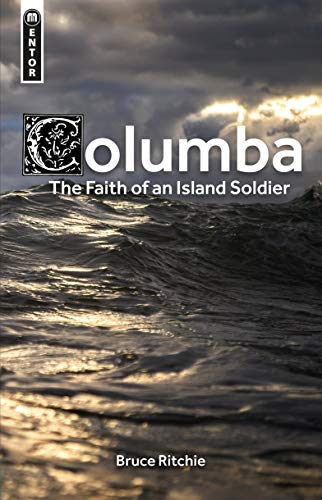I enjoyed this book, which can be read at different levels. Scholars of pre-Roman Western Christianity will find it highly informative. For those of a less academic bent it will be like peering through a window and seeing a world very different to our own.
Highly ascetic monasticism began in Egypt as a reaction to worldliness in the church. Driven by the conviction that the road to life is narrower than generally appreciated, individuals took themselves off into wilderness areas to practice personal disciplines and what they believed to be spiritual warfare. Some would gather disciples, teaching and guiding them in their own quest for salvation.
The monastic ideal spread and Columba, an Irish Celtic monk, was such an ascetic. He is most associated with the community he founded in Iona, off the Scottish mainland. Being high-born, he was an outstanding leader. He organised the community’s life, led its Trinitarian worship, displayed skill as a Bible student and teacher, and maintained rigorous standards of discipline.
Columba and his community played a full part in major convocations and were in touch with the development of theological thought from across Europe and the Near East. They evangelised by promoting the adoption of Christianity by kings and societies in what is now Scotland and northern England.
All was done to prepare the individual for the hazardous experience of death, when the soul was said to leave the body and fly through the air, the realm of Satan. When Jesus engaged Satan in battle, it had to be into the air that he was lifted on the cross. Believers, before making the transition from life to death via the air, needed to ensure their own conquest by living holy lives; otherwise they could find themselves snatched away at the last minute and lose everything.
Columba has suffered the fate of all who leave their mark on their world: those who follow them seek to co-opt them to their own particular cause and emphases, and embellish truth with myths and legends. Sadly, because of the passage of time, the ravages of raiding parties and subsequent developments on the site in Iona, recovering Columba the individual in any sort of definitive sense is now impossible. To Bruce Ritchie’s credit, he doesn’t pretend to have done that; but he makes judicious use of what is available in order to bring the reader as close as possible.
Ian Jemmett
Pluckley, Kent









